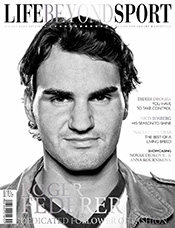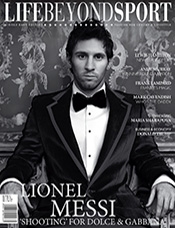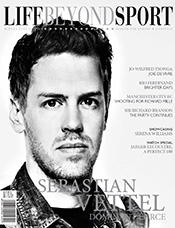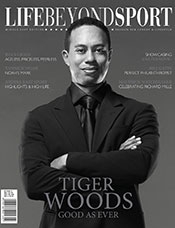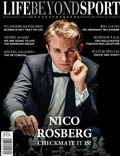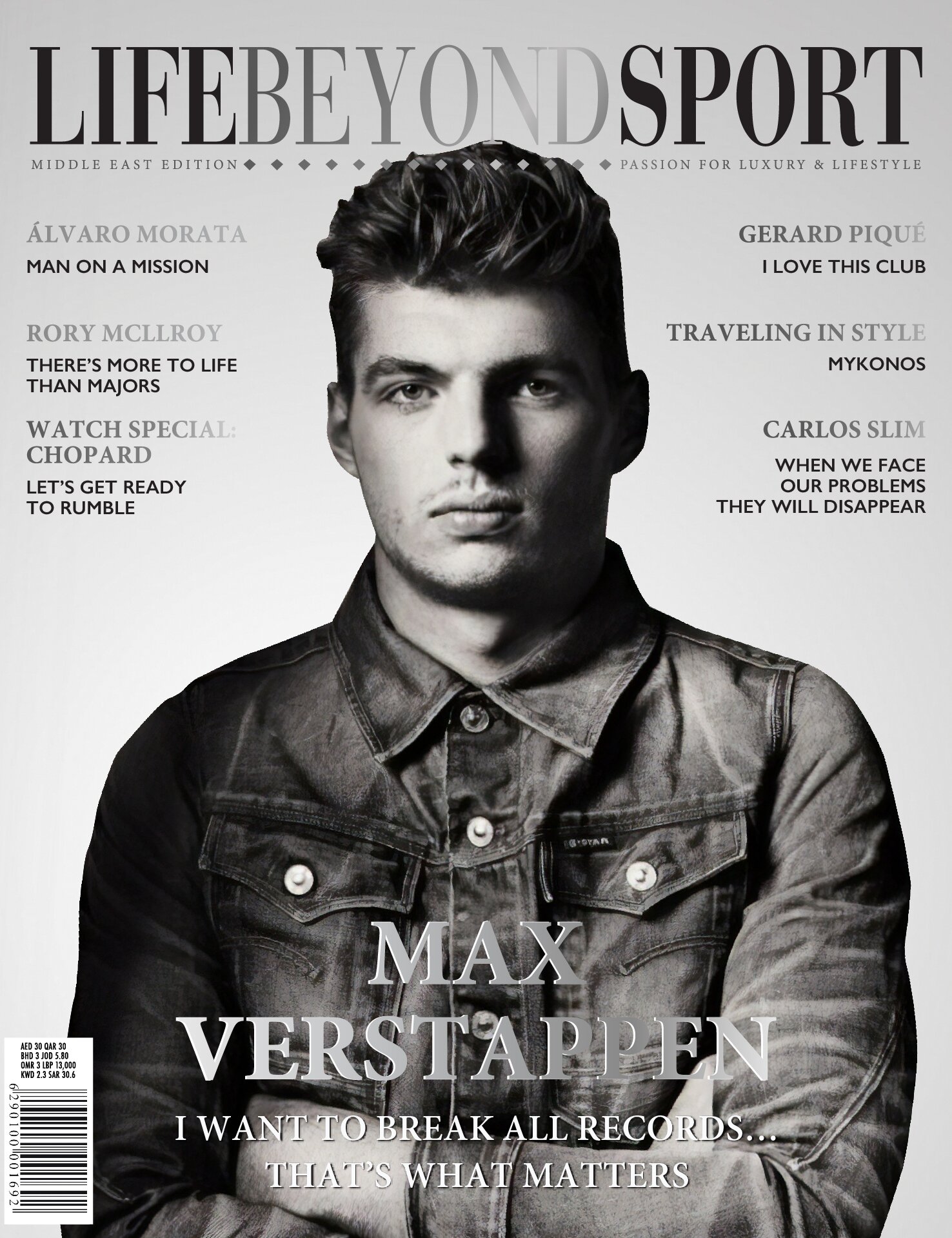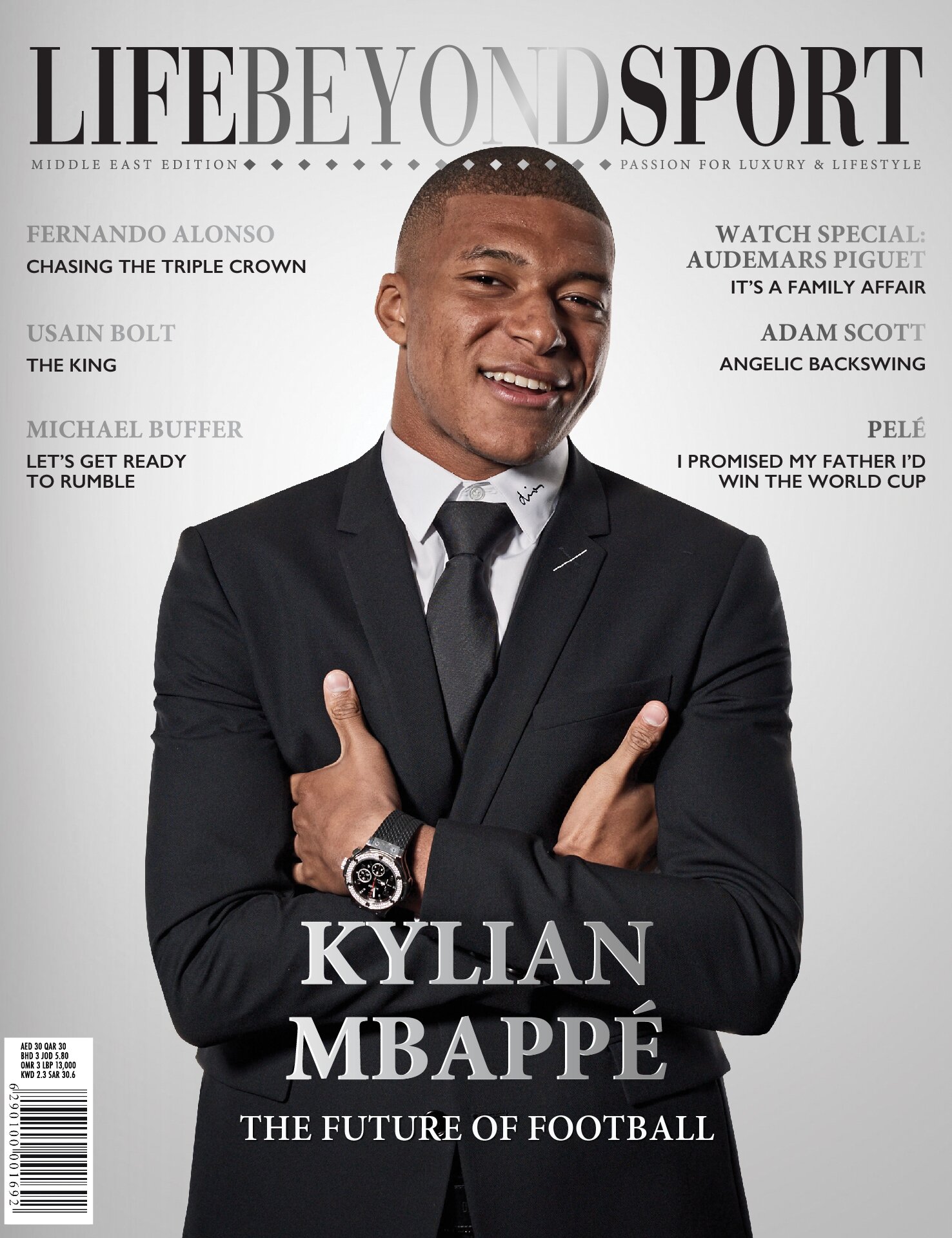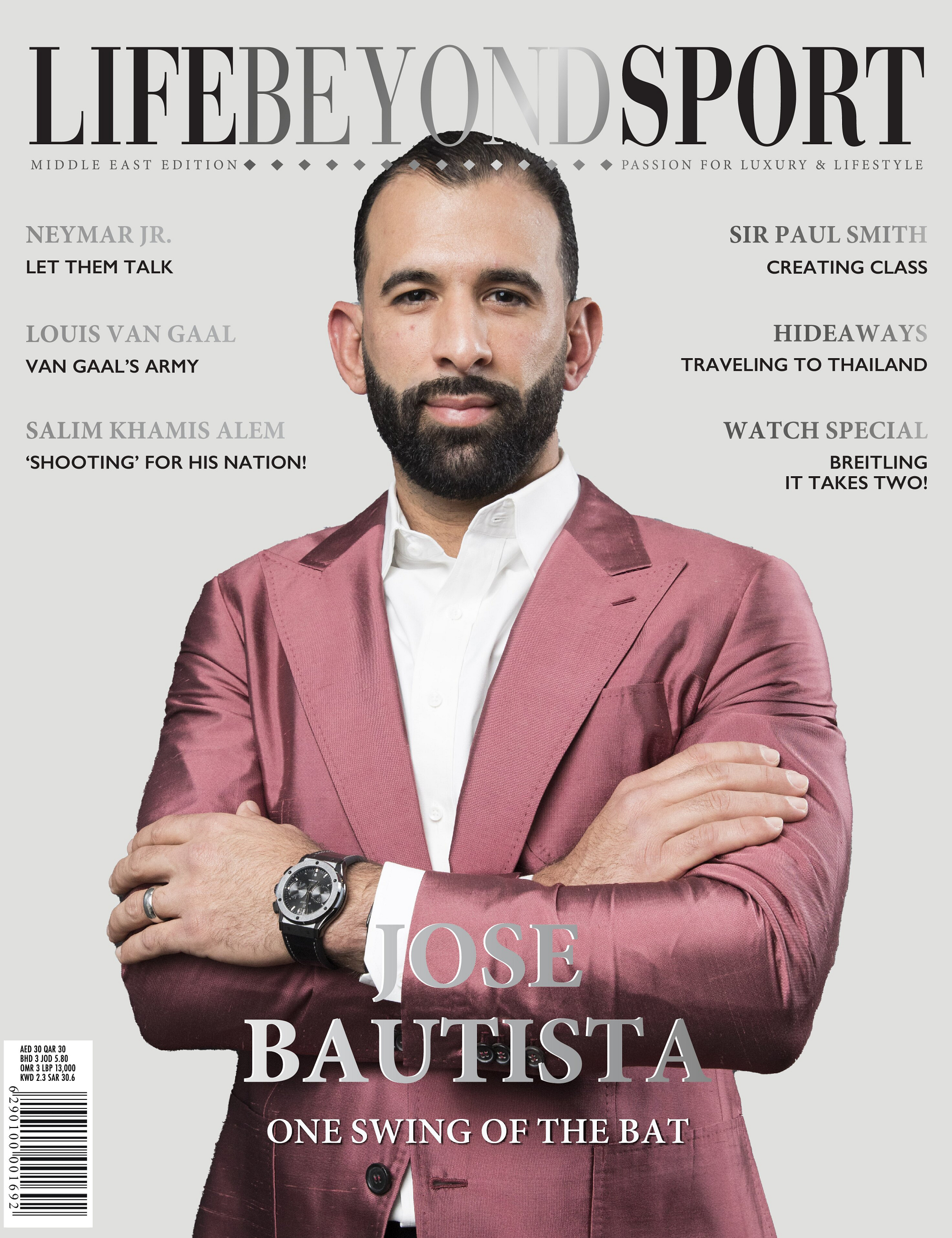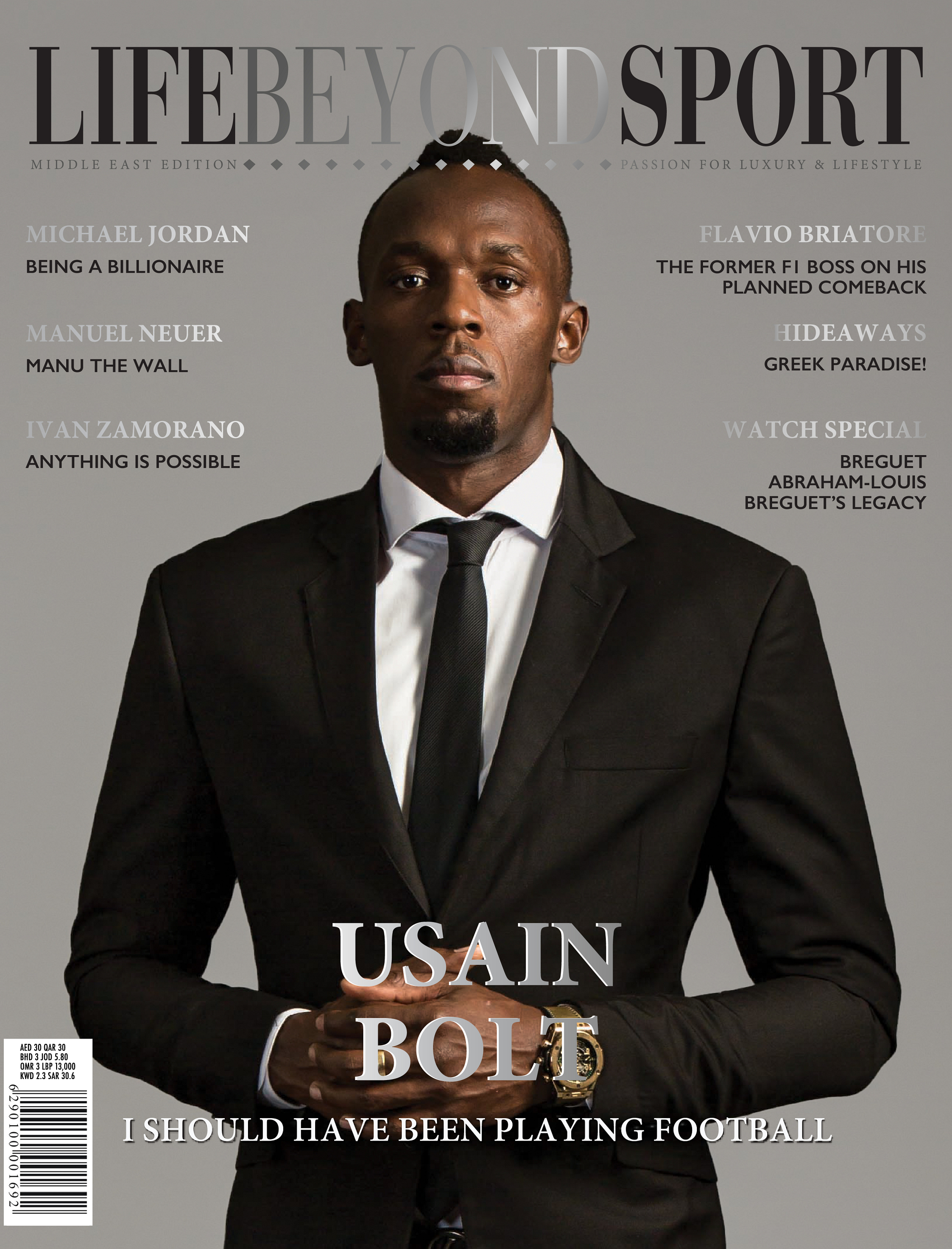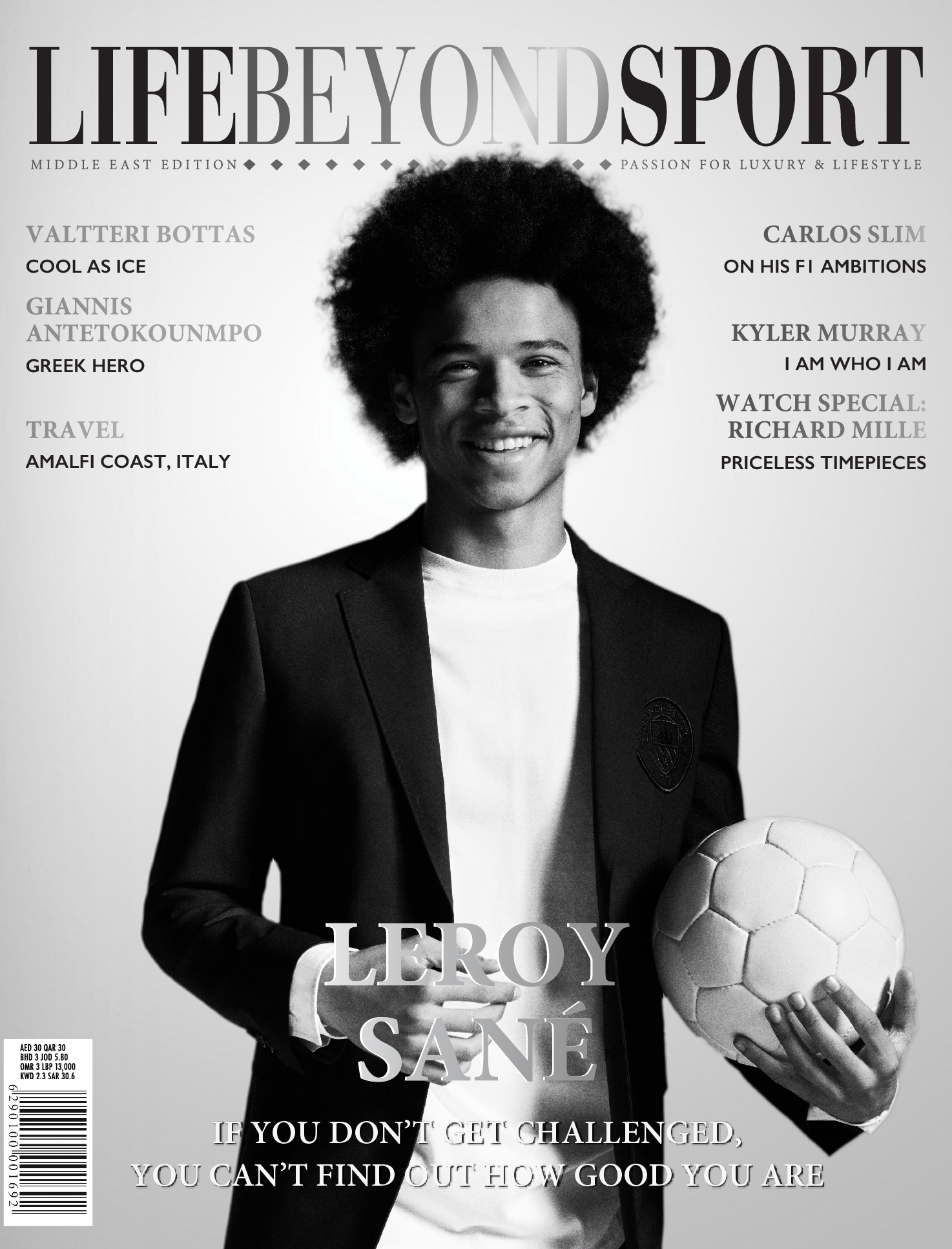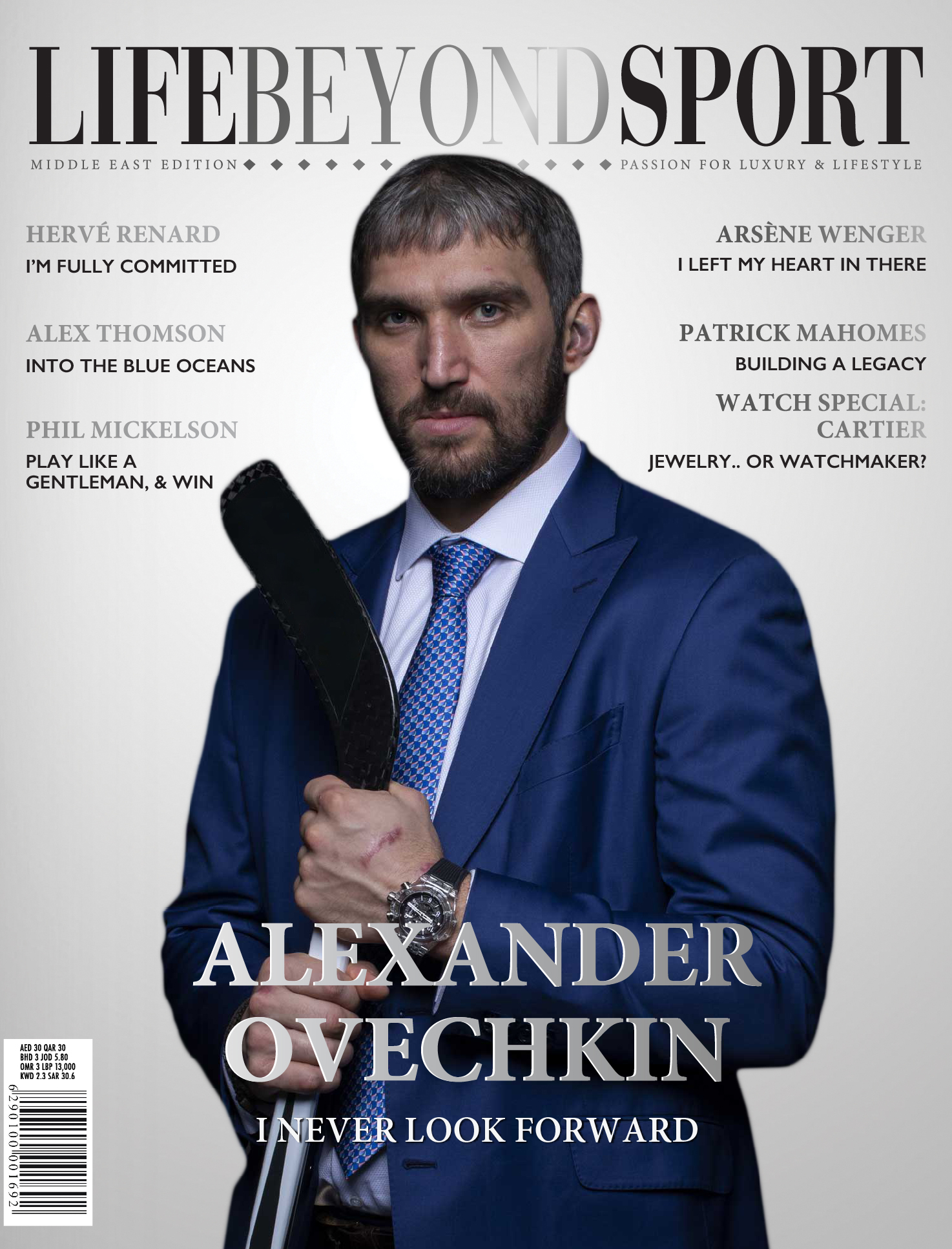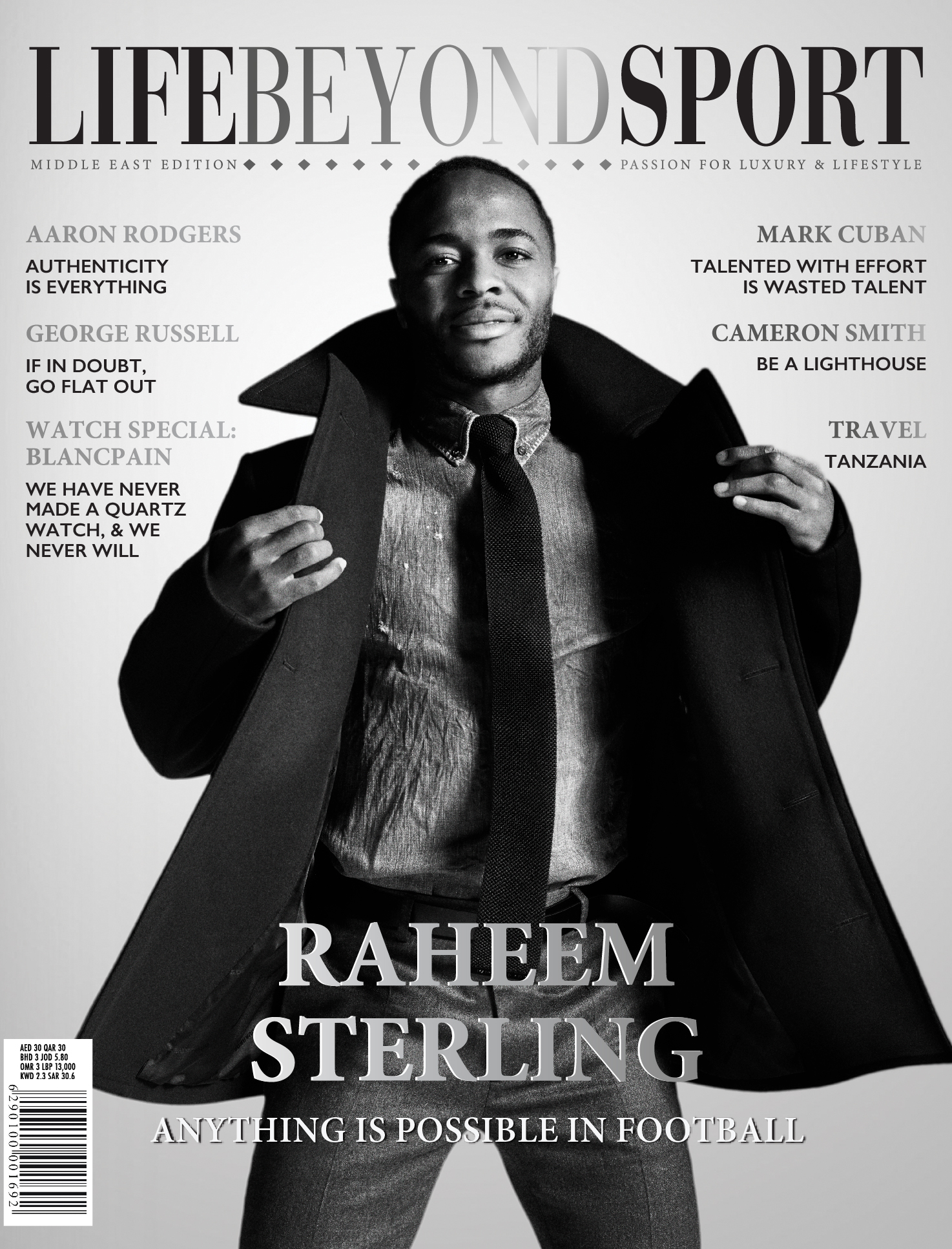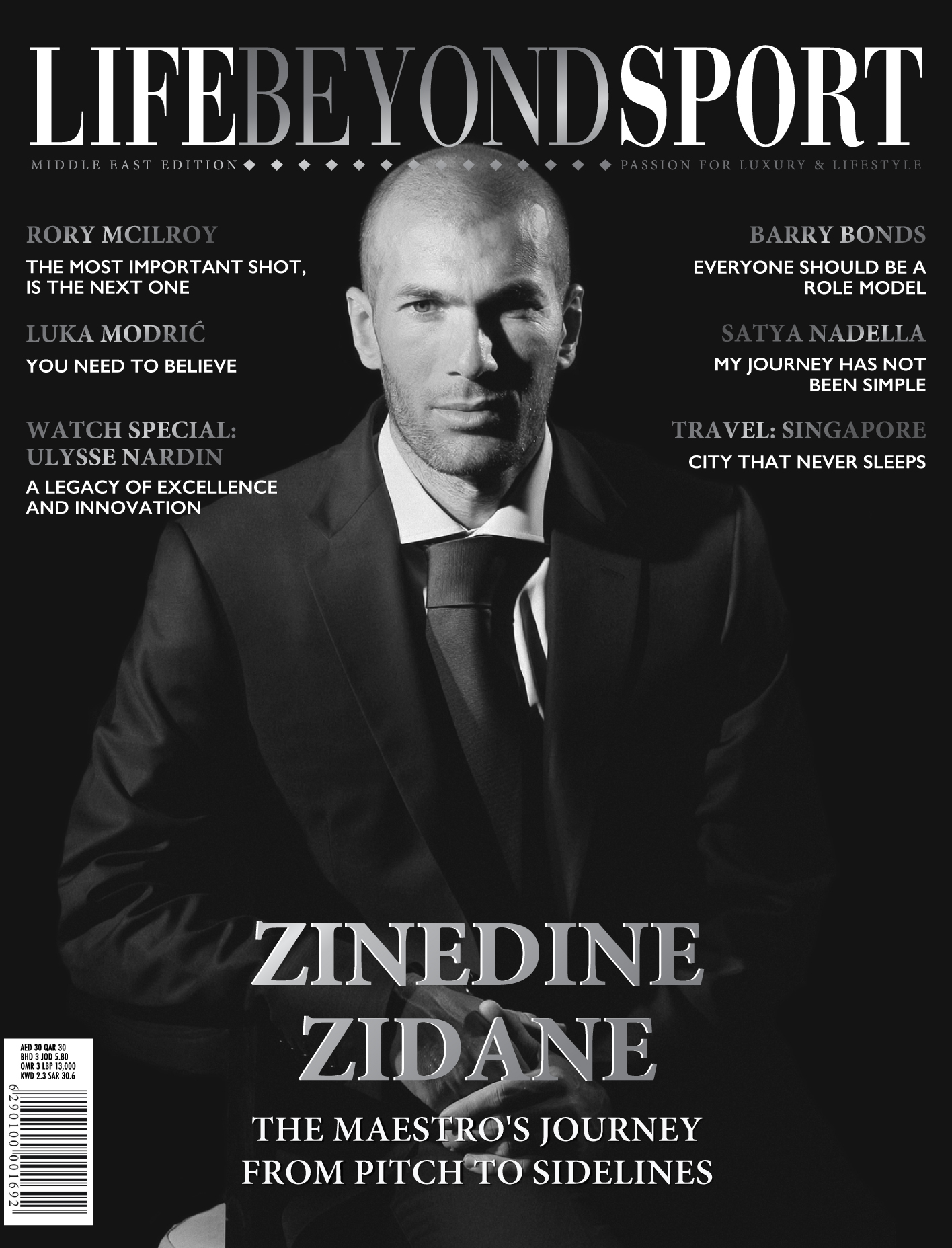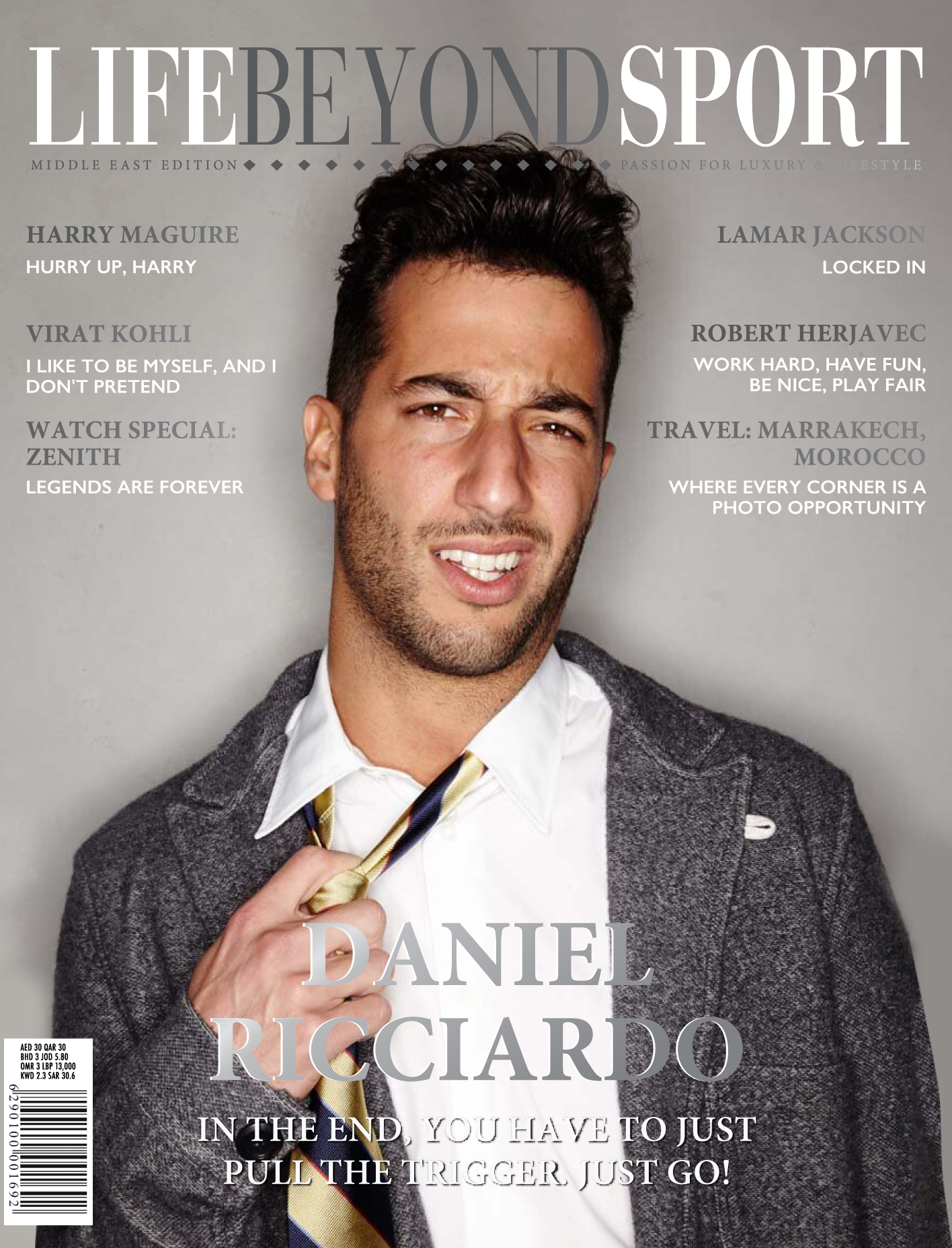We met in the Dotcom family's home, a $10m waterfront penthouse on Princes Wharf, opposite the Hilton. The Coatesville mansion north of Auckland is no longer home to Dotcom's family.
Dotcom has moved from sprawling opulence to compact luxury. The carpets are deep and soft, the furnishings designer and the interior finished in a way that suggests serious renovation.
Outside, Auckland's harbour sparkles. Boats, launches, yachts come and go. Rangitoto sits on the horizon one direction, the Harbour Bridge the other. It's captivating. The apartment is like a ship, jutting out to sea and swept back, as if racing the tide.
Dotcom sits with his back to it all.
 How he got here
How he got here
The German-born internet entrepreneur came to visit in 2009 and became a permanent resident under the government's visa scheme for the wealthy a year later.
One intelligence agency, police and Immigration NZ knew what Dotcom didn't - the FBI were following him. On January 2012, on behalf of the FBI, New Zealand police arrested Dotcom and three others also involved in Megaupload.
Since then, chaos ensued. Battles in court revealed search warrants that did not comply with the law, unlawful spying on Dotcom by one of New Zealand's intelligence agencies and infantile behaviour from another.
The act of unlawful spying gave Dotcom a springboard which propelled him to a scrappy face-to-face confrontation with the Prime Minister at a parliamentary committee. At the same time, Dotcom launched a new business, Mega, with his co-accused, making $40m in two years and using the money to fund his Internet Party, which contested last year's general election.
Aligned with international figures such as NSA whistleblower Edward Snowden and Wikileaks founder Julian Assange, he attracted attention in an extraordinary sideshow playing out through the final week of the election.
And then came Dotcom's crash-and-burn. The Internet Party's alliance with the Mana Party failed, Dotcom declared himself "toxic" and vanished from view. He was drawn to court as it unravelled, the US seeking to have his bail overturned even as Dotcom's law firm and lead New Zealand lawyer withdrew from the case.
Dotcom's Mega cash was gone, the steady drip of restrained funds to pay legal and lifestyle costs was drying up. He got a new lawyer, the brilliantly pugnacious Ron Mansfield, but it was talent fresh off the bench in a case that already carried a monumental legal history.
A new beginning
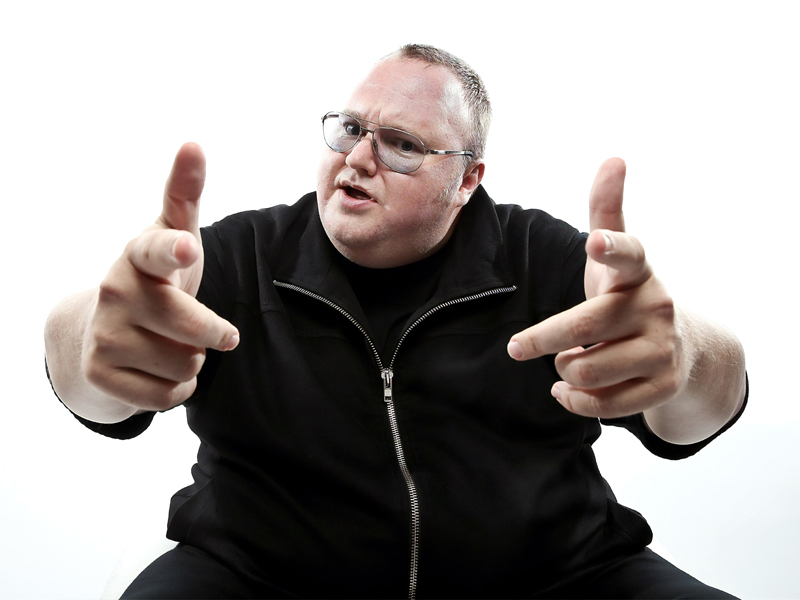 Now in 2019, Dotcom has recovered. The fight has fresh fuel - money.
Now in 2019, Dotcom has recovered. The fight has fresh fuel - money.
Dotcom's expat Kiwi lawyer, Hong Kong senior counsel Gerard McCoy unlocked the way to a $50 million pool of Dotcom's cash in 2016, restrained when he was first arrested, and won access to the money for living expenses and legal fees.
The living expenses are substantial at $80,000 a month but Dotcom calls the legal allowance "the most beautiful development in this whole case".
"It opened the door for me to take action in Hong Kong. That's where the business was destroyed. That's where all my companies were based.
"I’m now fighting back in Hong Kong and I’m taking legal action against those who have destroyed what I have built there and that means I can sue, indirectly, the US government by suing the Hong Kong Department of Justice."
"I'm bringing a $6½ billion lawsuit against those who have destroyed my companies based on the fact that an entirely foreign company like Megaupload, under US law, cannot even be indicted. That is going to be the primary basis of our lawsuit.
"I have had enough of being defensive. I’m in attack mode now and will bring that opportunity."
The man who raced up the Albany hill in a new AMG Mercedes, recent wife Mona at his side, was new to fatherhood. He had a business which, the next year, would pull in $20m and $40m the next.
Since then, four more children, a separation, a fortune lost and another made and spent. There's been jail, friendships gone - and always the prospect of 88 years in a US prison.
"They're not just talking about deporting me alone. They're talking about deporting everybody - Mona, my five children, including two who are now New Zealand citizens, my twins. That takes the whole thing too far, it just shows this is personal. This is a vendetta against me."
Dotcom: "If they end up making the decision to deport me I'm going to fight them long and hard and it's going to take many years and it will be very expensive for the Crown and in the end they will lose. There's no case law, no history even, of anyone being deported for what they are trying to deport me for."
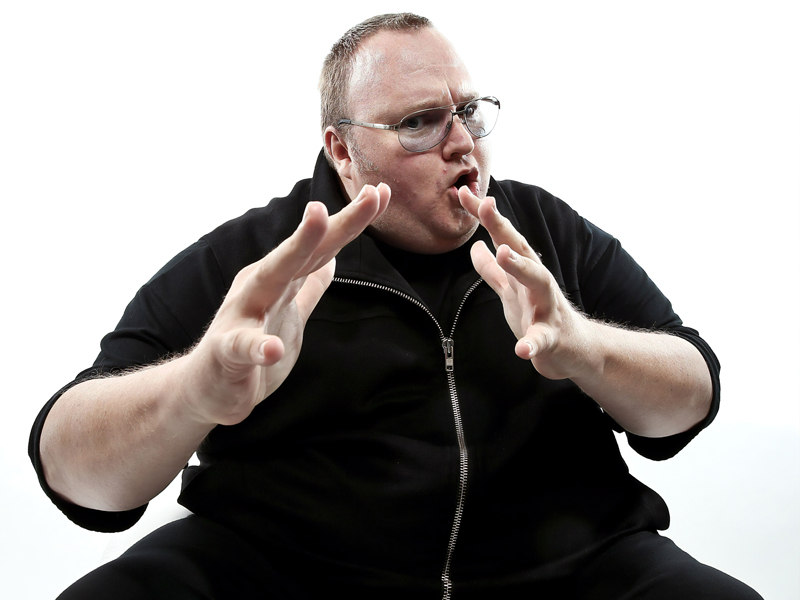 A new business plan
A new business plan
Dotcom is excited about what’s coming. Along with a new legal warchest, there's a new business plan.
This time it's for a "new" internet called MegaNet. Mega, launched in 2017, the business he built with his co-accused, provided encrypted cloud storage but was, he says, only part of the solution to pervasive government influence across the internet. That influence, says Dotcom, includes "copyright extremism" and "mass surveillance".
"I thought I needed to create something that solves all of that. And that's what MegaNet is all about. It's an alternative internet that sits on top of the existing internet with new protocols, a strong encryption that allows users to interact in a way that cannot be censored, cannot be spied on."
It leverages off users' spare device bandwidth and capacity, apparently using Bitcoin technology to create an unbreakable, unhackable chain.
This time, though, it will be without his co-accused super-coders Bram van der Kolk and Mathias Ortmann. Ortmann built Megaupload, and was joined later by van der Kolk. Together, they built Mega.
It's a fundamental shift from 2012, when the four accused appeared in court to first face the charges arrayed against them. Then, they stood shoulder to shoulder - the "Mega Conspiracy" according to US court documents. Those bonds stayed strong at least a year, through to the launch of Mega.
It's different now.
The US case suggests the men knew exactly what they were doing - creating an environment of rampant copyright violation by users who uploaded protected material in return for rewards.
Evidence was captured in chat logs seized by the FBI, and presented to the court, such as van der Kolk telling Ortmann: "That's the big flaw in the rewards program. We make profit off more than 90 per cent infringing files."
In another, van der Kolk told Ortmann "we have a funny business . . . modern days pirates :)" to which Ortmann replied: "We're not pirates, we're just providing shipping services to pirates :)"
The chat transcripts were detailed at length by Kiwi lawyers actingfor the US. In rebuttal, the accused's legal team tried to show the FBI had bungled translation and created darker, sinister meanings to some of the more damning evidence.
In other cases, Dotcom talks of "emails that were unfortunate but you will find that in any company".
He points to the civil case in the US between media conglomerate Viacom and YouTube, in which one co-founder of the streaming website asked another "please stop putting stolen videos on the site... we're going to have a tough time defending the fact that we're not liable for the copyrighted material ... when one of the co-founders is blatantly stealing content from other sites and trying to get everyone to see it."
Translation, work-place chitchat - and also some bad judgment, says Dotcom.
"I haven't been sitting there writing emails saying "yeah, I'm a pirate". You always have to differentiate. There were some people in my company who were very young, had different views to my views. You can't make me responsible for that."
A schism grew between Dotcom, on one side, and van der Kolk and Ortmann. His relationship with the fourth accused, Finn Batato, remains intact. "We are the oldest of friends."
With van der Kolk and Ortmann, there was also disagreement over Mega. Dotcom talks of "certain disagreements about certain things", which he says led to him leaving Mega.
"Since then, I don't have much to do with them."
There's likely another side to the story. Dotcom sold down his shareholding for $30m and one of those to whom he sold shares then had those shares seized in an unconnected money-laundering investigation.
And then, having sold his shares, Dotcom went public with criticism of Mega. For those still holding shares, public bagging by a prominent founder would have been unwelcome.
 How politics changed Dotcom
How politics changed Dotcom
The Mega money paid for the politics. Dotcom sunk $5m into the Internet Party.
"It was something I wanted to do, wanted to experience, wanted to learn."
He learned plenty, he says. "There's no equality. There's a lot of commercial interests that dominate decisions that are being made rather than making decisions that are good for the people."
He recites figures around child poverty. "This is a rich country. It shouldn't be like that. It doesn't have to be like that."
It seems contradictory from someone in a $10m apartment on Auckland's waterfront with an $80,000 monthly stipend.
And here's another contradiction, given he almost solely funded the Internet Mana movement. "It is money in politics that is polluting it."
Taxpayer funding of the political process is the answer, he says, "because then no one owes anyone favours".
"The rule of the game now is you have to raise money in order to be playing this game. And that's already one of the big problems of politics."
There's an unexpected consequence from the mashup of Dotcom's Internet Party and the Mana Party, previously led by left-wing firebrand Hone Harawira. It saw Dotcom travel the country, and work to explain himself to Mana's predominantly Maori support base at marae. He saw life as he had never seen it, he says.
And yet, he has a music video almost ready to release, a legacy of his album Good Times, panned by reviewers. Track number 11 was Good Life, a song that began with the words: "When you work hard for your money, spend it on a Good Life." On Twitter, Dotcom said the music video "took 5 years and $24m to make".
Now, he's not so sure. "It's just so over the top."
Is it too indulgent for you? "Yeah," he says.
Internet Mana was an eye-opener, as was the politician he hired to lead the party, Laila Harre. There were "all these people who are fighting for equality" and Dotcom "met people who are really not well off".
"I didn't see much of that before I entered that arena and went to all the marae. I don't know how they would feel about me putting out that video. Maybe I'll have to wait a little bit for that. I have to think about that.
"It's getting worse and there's no one helping them."
Seven years since the arrest, Dotcom is a changed man.
"I would say I'm a more rounded...", and he stops and smashes out a huge laugh.
"Not physically," he says, waving hands around his girth, but "a more rounded human being who has a much broader view". "I always thought outside the box and always had a pretty wide horizon but now it's become so much larger."
There are five children, there is inequality, there is his Great Enemy - the US government, which prosecutes war without thought of the consequences.
"It's not just about me," he says.
Guilty or not, the experience would be gruelling for anyone. His marriage disintegrated, like the company he had spent seven years building. Friendships ended, and other relationships became strained. He lost a fortune to FBI orders, built another and watched that go too, fuelling lawyers, lifestyle and politics.
Briefly, he was a pop-culture icon but then one with whom the public became tired. In public it's fine but he lives his life in the acid-bath of the internet where he says everyone is a "Rambo behind a keyboard".
"I'm a totally different person now. If you go through being a gladiator for seven years, and fighting lions and dragons and very powerful giants, you get scars.
"You don't fight a fight like that without scars. You get injuries - but you also get stronger."
.jpg) Life Beyond Sport magazine is a pioneering publication that breaks through the traditional barriers of men’s lifestyle magazines by smoothly combining a man’s love of sport with his passion for the finer things in life. The magazine contains a range of features, interviews and photo-shoots that provide an exclusive insight into the sportsman’s lifestyle. Only in Life Beyond Sport will you find the biggest names from the worlds of Football, Tennis, Formula 1, Golf, Polo and more.
Life Beyond Sport magazine is a pioneering publication that breaks through the traditional barriers of men’s lifestyle magazines by smoothly combining a man’s love of sport with his passion for the finer things in life. The magazine contains a range of features, interviews and photo-shoots that provide an exclusive insight into the sportsman’s lifestyle. Only in Life Beyond Sport will you find the biggest names from the worlds of Football, Tennis, Formula 1, Golf, Polo and more.